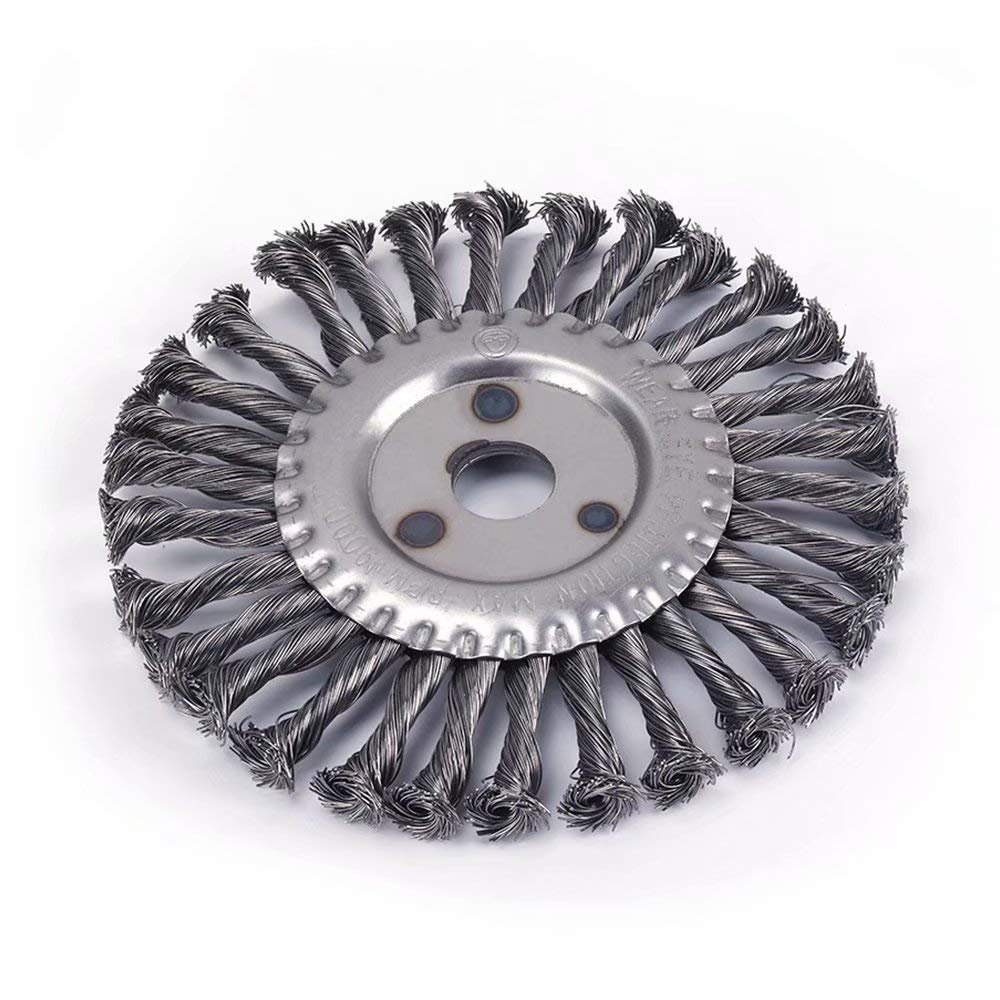Circular wire brushes are essential for surface preparation, cleaning, and finishing tasks across multiple industries. These brushes serve various purposes in both professional and industrial settings. Circular wire brushes are the go-to solution for removing rust, polishing surfaces, or cleaning welds. This guide will explain their types, uses, and advantages, helping you choose the right one for your application.
What Are Circular Wire Brushes?
Circular wire brushes consist of a round metal or plastic base with wire bristles secured around the perimeter. These brushes attach to various power tools such as grinders, drills, or stationary equipment. They are designed for aggressive surface treatment tasks, ensuring the effective removal of contaminants and preparation of surfaces for coatings, welding, or further finishing.
Why Choose a Trusted Circular Wire Brush Manufacturer?
Partnering with a reliable circular wire brush manufacturer ensures you get high-quality products tailored to your requirements. A reputable manufacturer will offer a variety of brushes designed for durability and precision, ensuring superior performance for every application. You benefit from consistency, innovation, and technical support by choosing a trusted supplier.
Types of Circular Wire Brushes
There are different types of circular wire brushes available, and each serves a unique purpose:
- Crimped Wire Brushes: These brushes feature wavy bristles, which provide a softer action. They are ideal for light cleaning, deburring, and polishing applications.
- Twist Knot Wire Brushes: These have tightly twisted bristle bundles, making them suitable for heavy-duty tasks such as rust removal, paint stripping, and weld cleaning. They are robust and aggressive, delivering faster results.
- Stainless Steel Circular Wire Brushes: These are corrosion-resistant and perfect for applications involving stainless steel surfaces, as they prevent contamination.
- Brass Wire Brushes: These are softer than steel wire brushes and are best for non-ferrous materials, electrical contacts, and surfaces requiring minimal abrasion.
- Nylon Circular Wire Brushes: These are embedded with abrasive grains and are excellent for surface finishing and cleaning without damaging delicate materials.
Applications of Circular Wire Brushes
Circular wire brushes are widely used across industries because of their versatility and efficiency. Here are some key applications:
- Rust and Paint Removal: The strong bristles effectively strip rust, old paint, and scale from metal surfaces, preparing them for repainting or further treatments.
- Weld Cleaning: Circular wire brushes clean weld seams by removing slag, spatter, and oxides to ensure smooth and clean welds.
- Surface Preparation: They prepare metal surfaces for coatings, bonding, and painting by eliminating contaminants like grease, rust, and dirt.
- Polishing and Deburring: These brushes remove sharp edges, burrs, and rough spots from materials to achieve a smooth finish.
- Cleaning Non-Metal Surfaces: Nylon and brass brushes are often used to clean wood, plastic, and non-ferrous materials without causing damage.
How to Choose the Right Circular Wire Brush?
Selecting the right circular wire brush depends on the task and the material you are working with. Here are some factors to consider:
- Material of Bristles: Use stainless steel wire brushes for stainless steel applications, carbon steel for general metal surfaces, and brass for non-ferrous metals.
- Wire Type: Choose crimped wire for light to medium-duty tasks and twist knot wire for heavy-duty jobs.
- Brush Size and Diameter: Match the brush diameter to the tool and surface area for effective performance.
- Tool Compatibility: Ensure the brush fits securely on the power tool you are using, such as grinders, drills, or CNC machines.
- Safety Requirements: To avoid injuries, always wear gloves, safety goggles, and masks when operating circular wire brushes.
